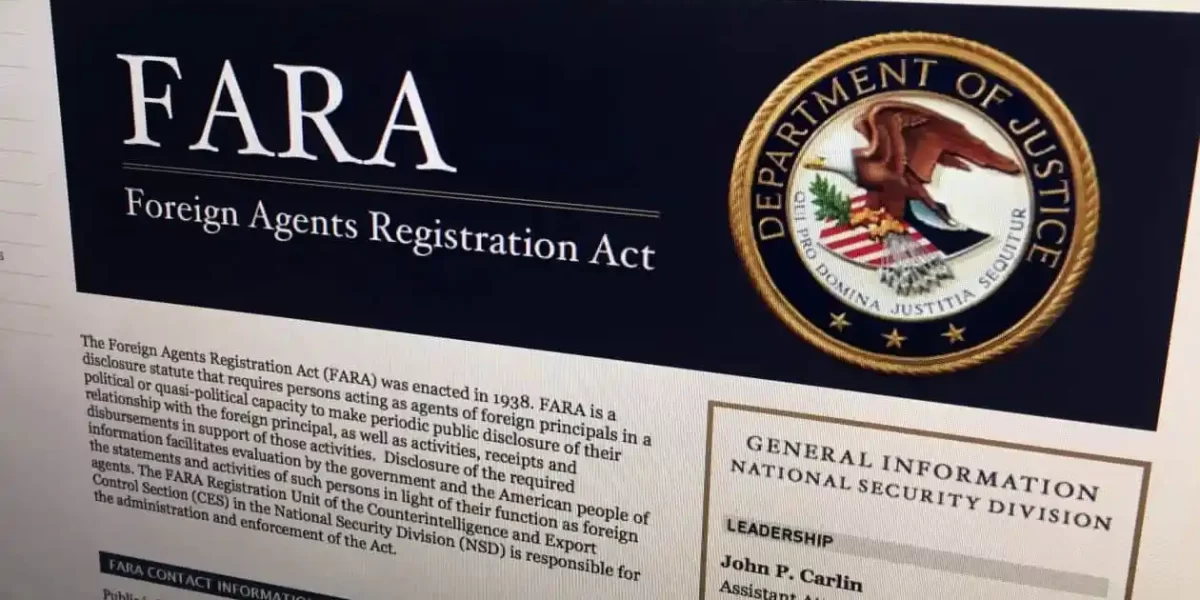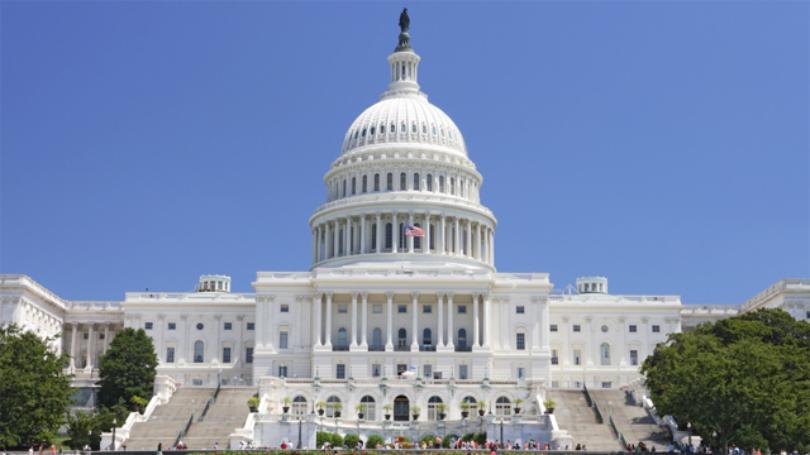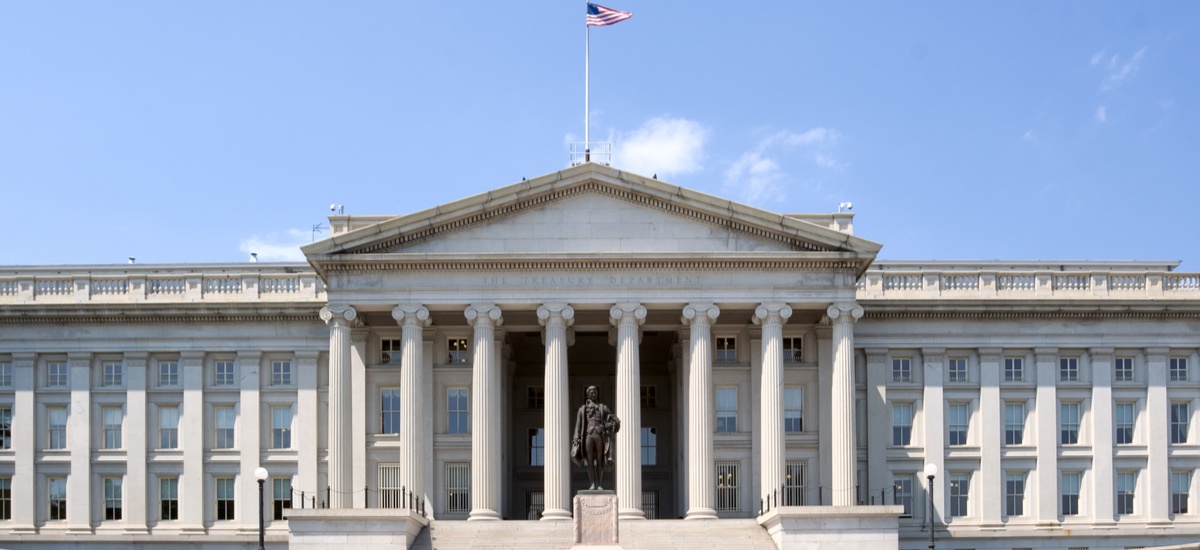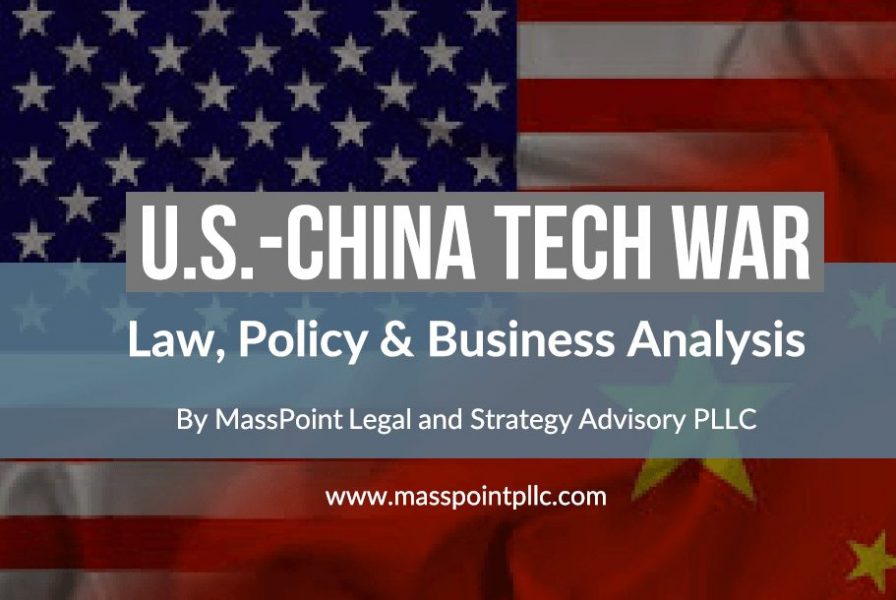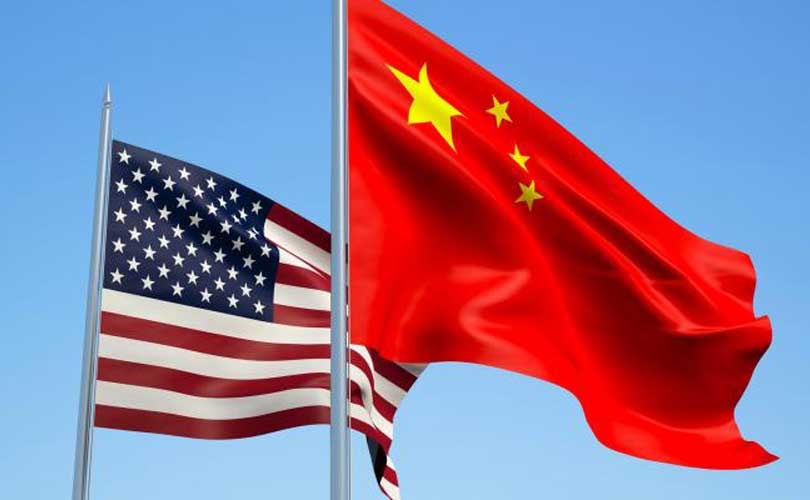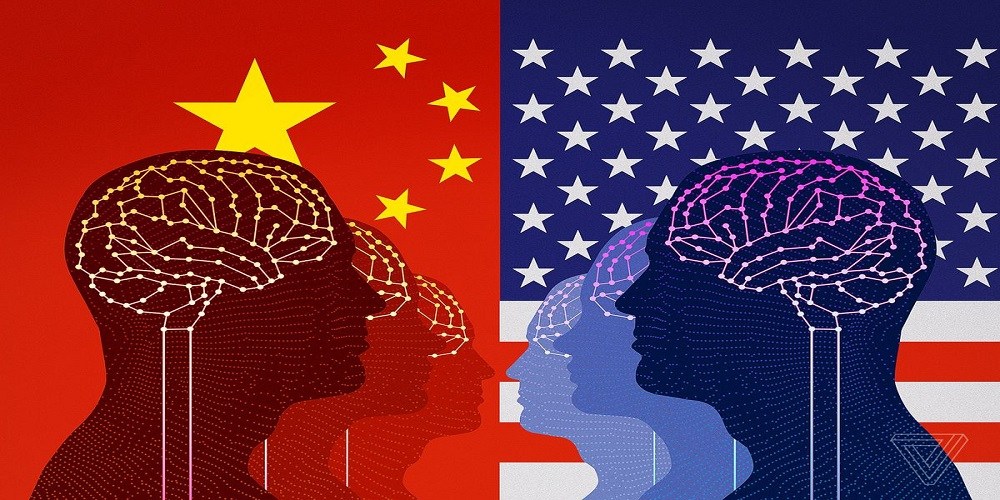Foreign Agents Registration Act Charge Highlights China, Academia Nexuses
Foreign Agents Registration Act Charge Against U.S.-Israel Citizen Highlights FARA-China-Academia Nexuses Introduction The DOJ charged a dual U.S.-Israel citizen with offenses related to China under the Foreign Agents Registration Act (FARA), sanctions, and export controls. FARA is a law from 1938 that…

